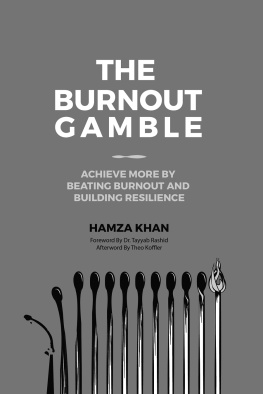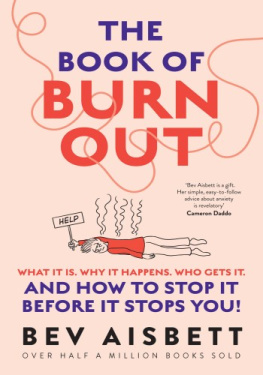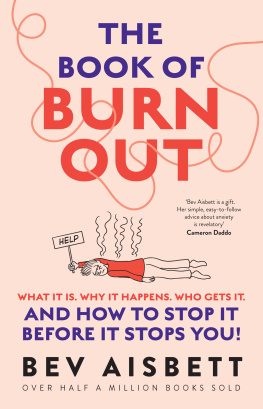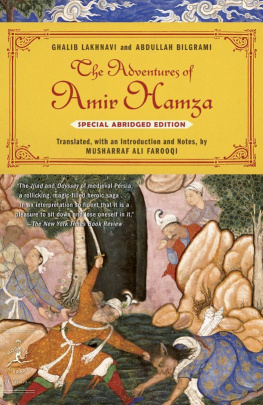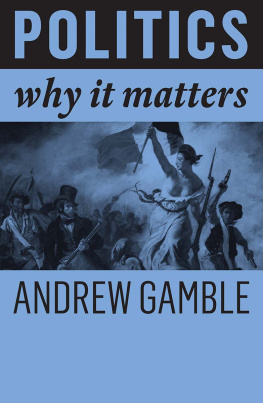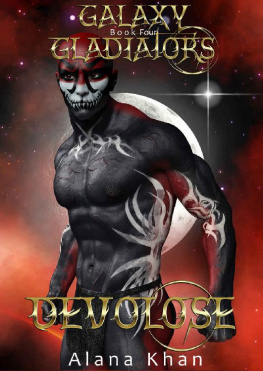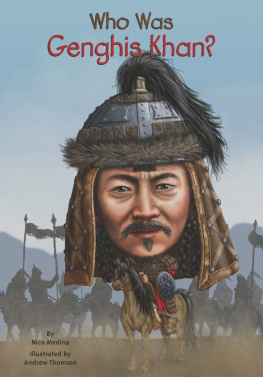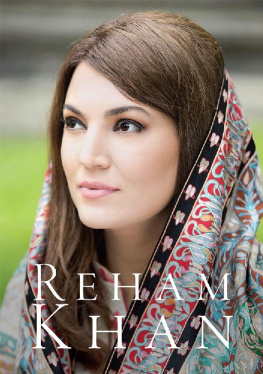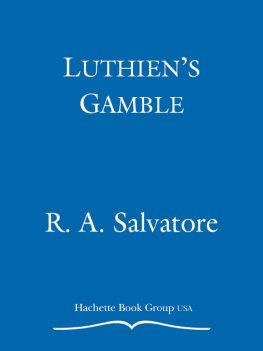Hamza Khan - The Burnout Gamble
Here you can read online Hamza Khan - The Burnout Gamble full text of the book (entire story) in english for free. Download pdf and epub, get meaning, cover and reviews about this ebook. year: 2018, publisher: Hamza Khan, genre: Romance novel. Description of the work, (preface) as well as reviews are available. Best literature library LitArk.com created for fans of good reading and offers a wide selection of genres:
Romance novel
Science fiction
Adventure
Detective
Science
History
Home and family
Prose
Art
Politics
Computer
Non-fiction
Religion
Business
Children
Humor
Choose a favorite category and find really read worthwhile books. Enjoy immersion in the world of imagination, feel the emotions of the characters or learn something new for yourself, make an fascinating discovery.
- Book:The Burnout Gamble
- Author:
- Publisher:Hamza Khan
- Genre:
- Year:2018
- Rating:4 / 5
- Favourites:Add to favourites
- Your mark:
- 80
- 1
- 2
- 3
- 4
- 5
The Burnout Gamble: summary, description and annotation
We offer to read an annotation, description, summary or preface (depends on what the author of the book "The Burnout Gamble" wrote himself). If you haven't found the necessary information about the book — write in the comments, we will try to find it.
The Burnout Gamble — read online for free the complete book (whole text) full work
Below is the text of the book, divided by pages. System saving the place of the last page read, allows you to conveniently read the book "The Burnout Gamble" online for free, without having to search again every time where you left off. Put a bookmark, and you can go to the page where you finished reading at any time.
Font size:
Interval:
Bookmark:
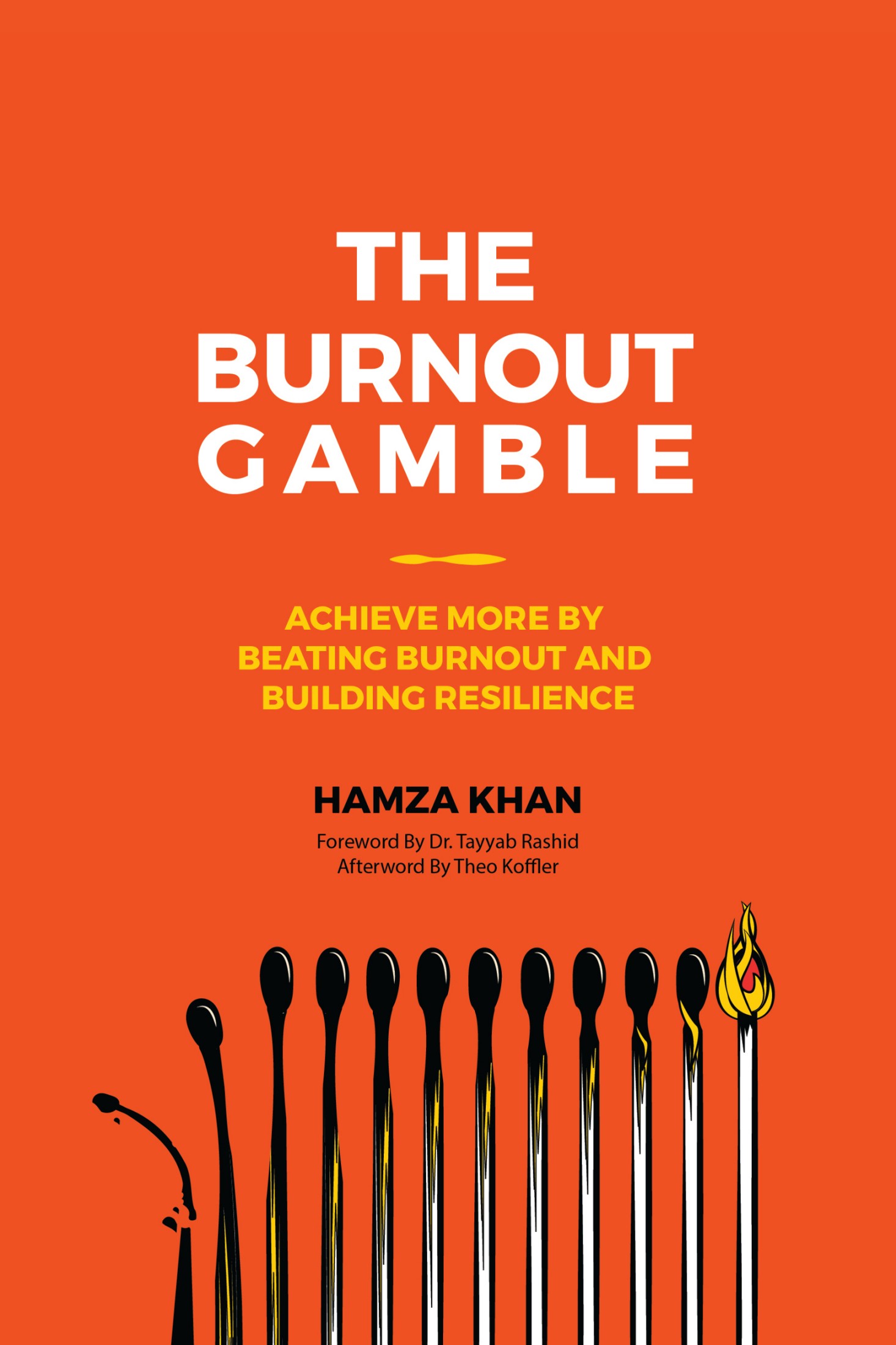
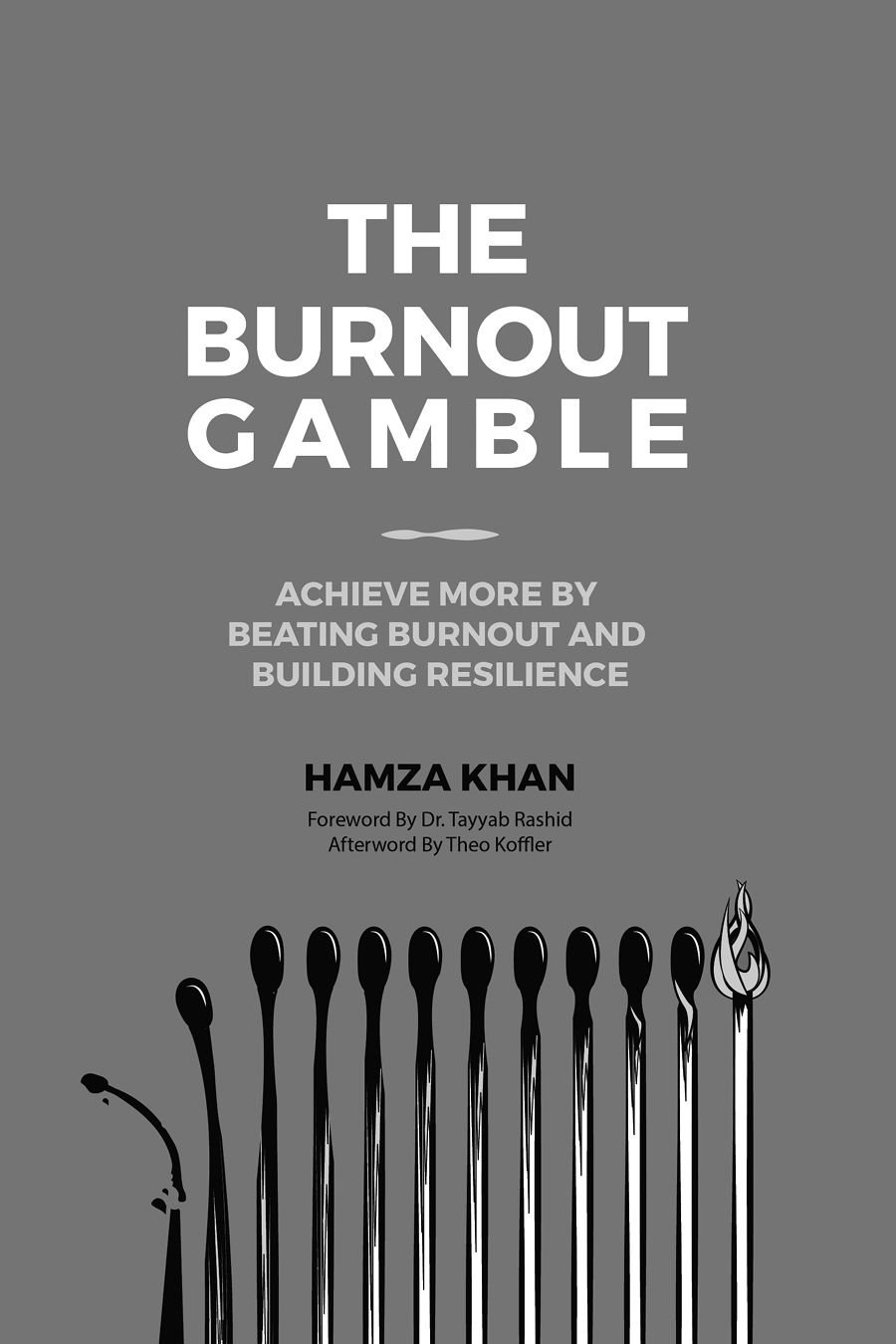

Copyright Hamza Khan 2017
By Hamza Khan
Design by Donica Willis
Research/Fact-Checking by Latifa Abdin & Shohra Adel
Additional Writing & Editing by Shohra Adel, Jasmine McShad, Gauri Sharma, Asia Aoki, Sadaf Virji, Drew Dudley, and Megan Van Dyke
ISBN
978-1-77370-046-5 (Hardcover)
978-1-77302-984-9 (Paperback)
978-1-77370-047-2 (eBook)
Second Edition
Printed in Canada
For Bailey & Kareem
Contents
2.3 PREDISPOSED TO STRESS:
INTERNAL & EXTERNAL CHAOS
3.1 STAGE 1: THE COMPULSION
TO PROVE ONESELF
3.4 STAGE 4: DISPLACEMENT
OF CONFLICTS
3.6 STAGE 6: DENIAL OF
EMERGING PROBLEMS
3.8 STAGE 8: OBVIOUS
BEHAVIOURAL CHANGES
LESSON 21: Incrementally Step Outside
of Your Comfort Zone
FOREWORD
By Dr. Tayyab Rashid
In 2014 on a spring afternoon that was still strapped with layers of Canadian winter, Hamza Khan sat across from me in Downtown Toronto. Steam from our Thai soup drew a thin veil, allowing Khan to articulate his question. He looked in my eyes and said, Tayyab, in the last three years, I have achieved what many dream of. But, I dont feel like myself.
As a clinical psychologist who weighs strengths equally with symptoms, I was tempted to reassure Khan about how rare it is to see a young, creative, and committed man become a star on the national post-secondary education sceneone who has dazzled us with his insights and shown us innovative ways to reach the hearts and heads of young people through social media. Before I could articulate my own thoughts, Khan said, Tayyab, I have almost everything that one could hope for at the age 27, but I am not happy. I am not feeling it.
In retrospect, I believe Khan began conceptualizing this book the moment he began unpacking his observations and asking more questions. What you have in your hands is the result of Khans persistence in unravelling the central question of how often our passion hurts us.
As the steam of the soup drifted, Khan and I began traversing the terrain and tracks of his work journey. While I spotted many milestones and labelled many accomplishments, Hamza appeared bemused. He reiterated his inner emptiness. He wanted to seek meaning and fulfillment. As afternoon slipped into evening and our discussion matured from busyness at work to purpose of workfrom career to callingit became abundantly clear to me that he was experiencing burnout. Without losing his desire to do good work, he wanted to know what he could do differently. He did not want to lose his vitality, his passion, his creative pulse, or his ability to transform this ember into a firestorm of ideas. But, at the same time, he wanted to rekindle an emotional connection. He wanted to feel his impact intrinsically. Months following our dinner, his burnout intensified. But, he started a new journey of self-awareness and made bold changes.
In 2017, nearly three years later, I am delighted to write the prologue to Khans book, The Burnout Gamble . He has skillfully curated his insights about emotional disconnectiona salient sign of burnout. Making good sense of personal experience, his book challenges usmillennials in particular. He shows that relentlessly working with the assumption that it will ultimately fulfill our dream may give us success in objective terms but will most likely burn us out as well. And, we may never completely recover.
Given the ubiquity of stress and its consequences, we have to pay attention to what Khan is exploring in this book. Burnout is the manifestation of our motivation gone awry. Hanging on to perseverance and persistence as virtues, we overextend ourselves, imposing high demands on ourselves. Indeed, it is true that its exceedingly difficult to get a job and even tougher to keep it, especially whenever newer technology brings reorganization and realignment. These pressures escalate from self-imposed performance pressure. Demands are shaped by external expectations and also by our real or perceived fear of being criticized by othersespecially by our superiors. Furthermore, we are raised on this steady cultural diet of striving for perfection. Simply speaking, people dont feel like they are enough.
On the other side of that coin, we derive deep pleasure from being perceived as detail-oriented and delivering perfect, flawless, entertaining, and informative performances or products. Khan reminds us that this is not necessarily unfavourable. But, when it is prolongedday in, day outwe experience the burnout he described to me on that fateful spring day.
In a well-reasoned and logically arranged sequence, this book first raises our awareness. We may not even notice we are experiencing symptoms of burnout. Khan argues that wemillennials and post-millennialsare a flammable generation. Doing more things faster and more perfectly has become the ethos of our time. We want instant gratification and glorificationmostly adorned on the walls of our social media accounts. We often get what we want but at a dangerous cost: burning the candle at both ends.
Exploring burnout, Khan reminds us that it is merely a symptom of the underlying sourcestress. Stress is ubiquitous in most of our urban and diverse centers. It is woven into the fabric of modern living. Soaked in social media, our fingers swipe more and write less; our eyes gaze more at screens but sleep less; we succeed more but savour less. These sources of stress, Khan contends, contribute to burnout.
The symptoms of stress bleed, often silently, and surface in the form of emotional exhaustion, resource depletion, cynicism, and feeling inadequate or less accomplished. We sometimes exacerbate our underlying problems by drawing comparisons with the very best personalities and paragons paraded in media. We tell ourselves that we can accomplish anything we put our minds to. We work hard, then harder, then even harder than that.
Our goals become the gauge of our worth. We remain preoccupied with these goals and renew our motivation for these goals by recalling various rules (e.g., Malcolm Gladwells 10,000 hours). Few are able to maintain a healthy balance between work and life. Some give up early on. A sizeable majorityKhans target audiencepersist. But, the persistence comes at a cost. They pay with sleep deprivation, coping with stress by acquiring unhealthy lifestyle habits, andabove all, as Khan points outa conflict between what they presumably value and what they actually do.
Ironically, we burn out while chasing goods that contribute very little to the good life. A good life has positive and healthy relationshipsin person as well as online. A good life, and the happiness that comes with it, comes from knowing and using strengths such as love, kindness, hope, curiosity, and gratitude. These strengths, as evidence shows, are robust contributors to meaning. Money and other byproducts of sheer output dont necessarily create meaning. They play but a small albeit necessary part in creating and sustaining the good life. Khan reminds us that we need to burn bright in the radiance of our strengths, not burn out to accumulate incomplete definitions of success (especially material) that contribute only partially to our happiness.
Dr. Tayyab Rashid is a licensed clinical psychologist at the Health & Wellness Centre, an associate faculty member in the graduate psychological clinical science program at the University of Toronto Scarborough (UTSC), and an adjunct faculty member in the Executive Masters Program in Positive Leadership at the IE University in Spain. Trained with Dr. Martin Seligman at the Positive Psychology Centre, University of Pennsylvania, Dr. Rashids research expertise includes positive clinical psychology, strengths-based clinical assessment, resilience, multicultural counselling, and the mental health of young adults in postsecondary settings.
Font size:
Interval:
Bookmark:
Similar books «The Burnout Gamble»
Look at similar books to The Burnout Gamble. We have selected literature similar in name and meaning in the hope of providing readers with more options to find new, interesting, not yet read works.
Discussion, reviews of the book The Burnout Gamble and just readers' own opinions. Leave your comments, write what you think about the work, its meaning or the main characters. Specify what exactly you liked and what you didn't like, and why you think so.

